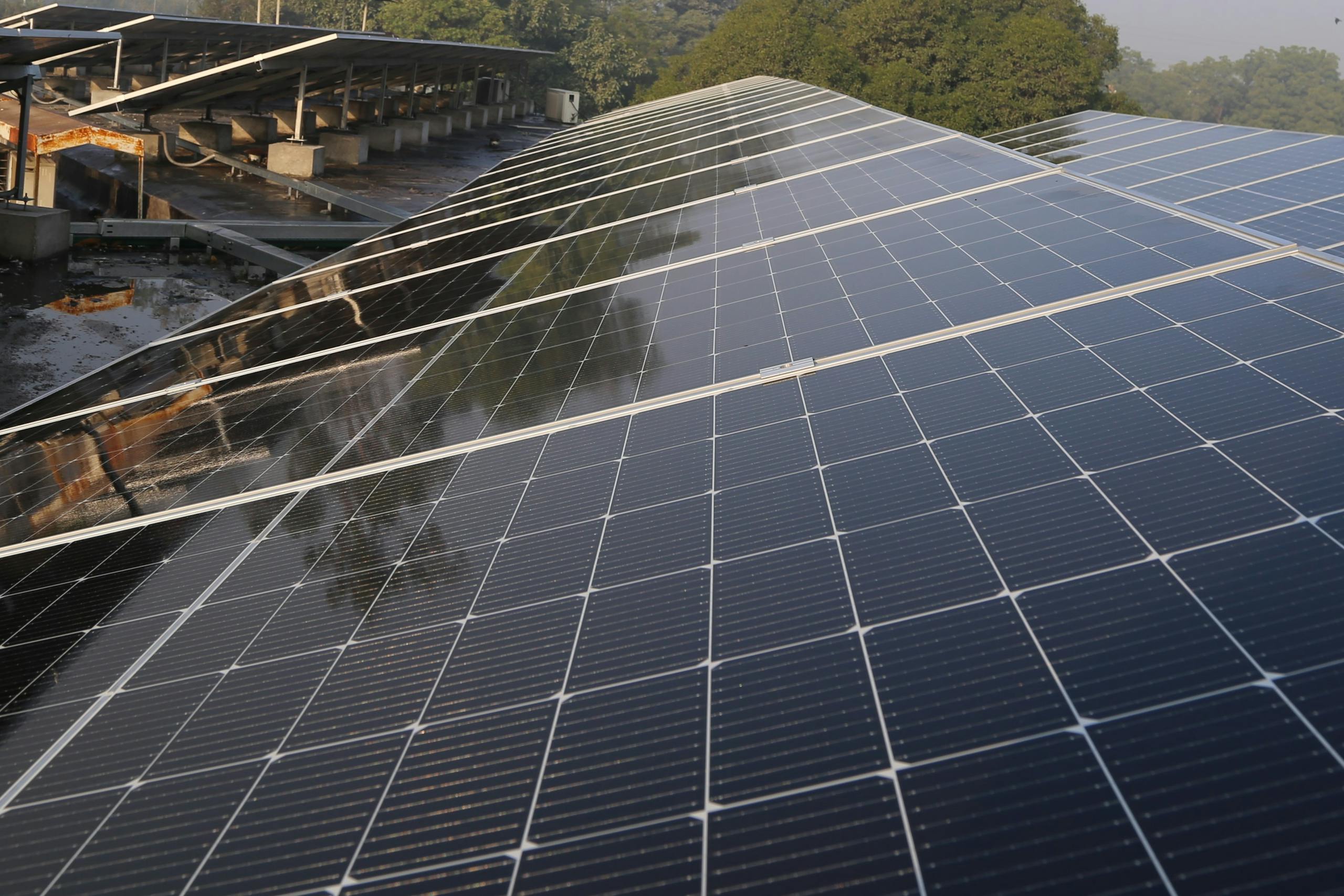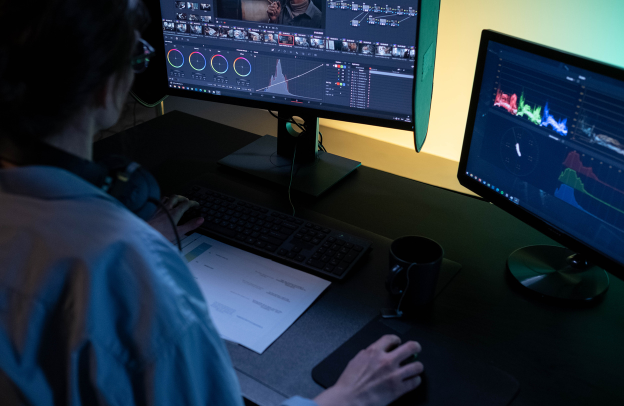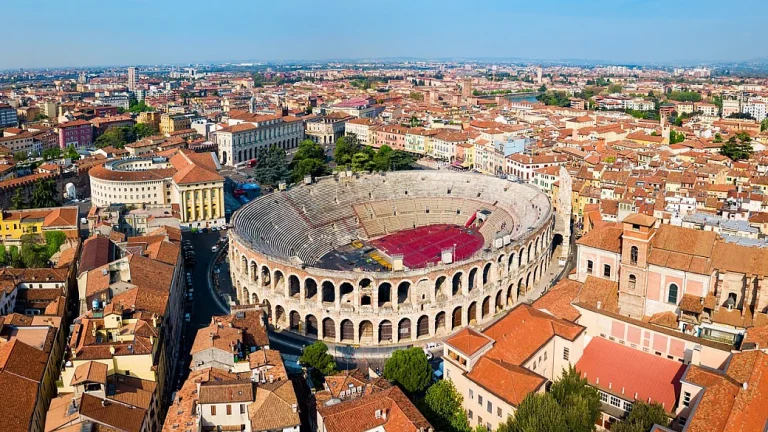How $3.2 Million Transformed Nigeria’s Energy Market and Sparked a Multi-Billion Dollar Investment Wave

What began as a modest $3.2 million pilot project in solar mini-grids is now unlocking a multi-billion dollar wave of investment, creating a replicable blueprint for economic liberation across the continent and the Global South. For every diaspora founder, investor, and consultant, this is more than just “good news.” It is a market signal. It is an invitation. And it is the blueprint for our collective future.
Learn How to Leverage Your Story through our Story To Asset Framework.
The Acorn and the Oak: How $3.2 Million Redesigned a Market
For years, the legacy energy companies in Nigeria dismissed solar mini-grids small, localized power stations as too risky and complex to integrate. The market was stuck.
Then, a strategic intervention changed the rules of the game. The Global Energy Alliance for People and Planet (GEAPP) stepped in not with a handout, but with “first-risk” seed capital and deep technical expertise. This $3.2 million injection was designed to do one thing: prove the model worked.
And it did.
The pilot’s success gave Nigerian regulators the proof they needed. They adjusted their course, mandating that utilities must source a portion of their supply from these renewable sources.
See also Harnessing the Power of AI to Illuminate Africa: A New Dawn in Solar Energy
This single policy shift blew the doors open. The World Bank, seeing a de-risked and regulated market, committed $127 million to expand the approach. Another $50 million was dedicated to “productive-use technologies.”
This is the part that should electrify every entrepreneur. This money isn’t just for lightbulbs. It’s for:
- Irrigation pumps, giving farmers control over their food supply.
- Cold storage units, allowing small business owners and farmers to preserve their goods, reduce waste, and access wider markets.
- Power for small businesses, mills, and local manufacturing.
This isn’t just energy access; it’s economic empowerment. What was once a “fringe idea” is now a mainstream pillar of Nigeria’s energy system.
Why This Is Different: De-Risking, Not Donating
We are right to be skeptical. The continent is littered with the ghosts of well-intentioned pilots and splashy funding announcements that evaporated into thin air.
But the Nigerian model is fundamentally different because it wasn’t about “aid.” It was about market creation.
The Alliance’s sequence, De-risk, Demonstrate, and craft Policy before Scaling, is what sets this apart. The $3.2 million seed capital wasn’t the project; it was the catalyst. Its goal was to attract the real money.
And it worked. That initial seed capital from GEAPP across all its projects has already unlocked $7.8 billion in follow-on investment.
That is a 15x multiplier.
This is a new language for development. It proves to global investors that emerging markets are not just a “risk” to be managed, but the single greatest opportunity for growth.
As Carol Koech, Vice President for Africa at the Alliance, states, “Without urgent action, millions will be locked out of the energy-enabled economy.” This model is the key to that lock.
A Call to the Diaspora: Where You Fit in This Revolution
This revolution is not being televised; it’s being financed, built, and scaled. It requires more than just venture capital; it requires our unique expertise, our capital, and our commitment.
You might also like Corn-Based Biofuel: How the African Diaspora Can Drive Nigeria’s Renewable Energy Revolution
For the diaspora business owner, coach, or consultant, this is your call to action. The 727,000 jobs and 3.1 million livelihoods being created by these initiatives are just the beginning.
Here is your blueprint for engagement:
1. Invest in the “Productive-Use” Ecosystem
The grids are the foundation, but the real growth is in the businesses they power. Look for opportunities to fund or build ventures in:
- Agri-tech: Companies providing solar-powered cold storage and irrigation.
- Local Logistics: The supply chains needed to move newly preserved goods.
- Small-Scale Manufacturing: Local businesses that can now operate with reliable power.
- Fintech: Solutions to help these newly empowered businesses manage their new income.
2. Bring Your “Knowledge Capital” Home
The original article stresses that funding was paired with technical expertise. This is where diaspora professionals are invaluable. The continent doesn’t just need our money; it needs our mastery.
Consultants: Your expertise in strategy, finance, and operations can help these new energy companies (like Prado Power) scale effectively.
Engineers & Tech Experts: There is a massive need for talent to build, manage, and optimize these new energy systems. This is the moment for “brain circulation,” not “brain drain.”
3. Partner with Local Innovators
Look for the local companies already on the ground. They have the cultural context and local relationships. What they need are partners who can help them access global markets, technology, and second-stage financing. Your position in the diaspora makes you the perfect bridge.
4. De-Risk at the Next Level
The GEAPP model de-risked the market for national utilities. As a diaspora investor, you can de-risk the next level of innovators. Be the “first check” for the local entrepreneur building a cold-storage rental service. Your validation can unlock the next wave of capital.
The Legacy We Are Building
Nigeria is demonstrating how small, strategic interventions can transform systems, unlock billions, and build real economic sovereignty.
If this model can work in Nigeria, a nation with the world’s largest energy access gap, it can and will be replicated across the continent. This is how 600 million people move from energy poverty to energy empowerment.
This is more than an investment opportunity. It is a legacy in the making. It is the work of moving from a continent of “potential” to a continent of undeniable power.
Would you like me to find a list of venture capital firms or incubators currently focusing on renewable energy startups in Nigeria and West Africa?
Learn How to Leverage Your Story through our Story To Asset Framework.





